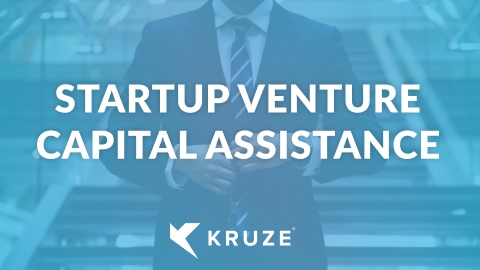
EBITDA is an important concept for startup founders to understand when putting together financial statements.
Let’s take a look at what EBITDA actually is, and then review the key thing that’s missing in EBITDA.
EBITDA is an acronym for Earnings before Interest, Taxes, Depreciation, and Amortization and it is essentially a metric of the best parts of your business’s income statement.
It is used as a proxy for cash flow while being focused on the income statement. For example, you will hear bankers, private equity investors, and those kind of folks use EBITDA as a proxy for cash flow.
EBITDA can be estimated on the income statement of most startups as Operating Income, which is calculated as Gross Profit minus Operating Expenses. However, it is possible that depreciation and amortization are included in the Operating Income figure, so it’s recommended to add those two items to Operating Income if you want to accurately calculate EBITDA.
What is missing in EBITDA?
There is one big thing left out of EBITDA, which is ‘big capital expenditures’ (otherwise known as CAPEX). The big capital expenditures, where cash is going out the door to pay for large pieces of machinery, software or other high-value items, needs to sit on your startup’s balance sheet and be reflected in your cash flow statement as a negative outflow. These expenses are left out of EBITDA.
For this reason, some people call EBITDA a vanity metric, because it gives the best possible view of a company. It is also the reason why bankers love it, since a banker’s job is to make a company look good so that they can sell it or get debt for the company. So EBITDA is a good approximation of cash flow, but it leaves out those big capital expenditures.
EBITDA can misrepresent a company’s financial position
Here’s a real world example. Years ago, JP Morgan banked Tyco and carried out some operations for WorldCom and a number of the telcos. The research analysts and the investment bankers were always talking about EBITDA, especially in conjunction with WorldCom and Tyco.
However, if you search for information on WorldCom or Tyco right now you will see that those companies went horribly bankrupt and had to be completely restructured because they were so focused on making the numbers look good. This is a perfect demonstration of misusing EBITDA and how they weren’t really running their business properly as they were hiding some expenditures.
When the money management world figured it out, those companies had to declare bankruptcy and reorganize.
Be Cautious Using EBITDA
Companies like Tyco were very EBITDA positive and made people think their cash flow was also super positive, but there was a lot of accounting tricks hidden in depreciation, amortization, and CAPEX. This actually meant that it wasn’t very clear what was really happening in that company at all. Their respective downfalls indicate how using these tricks might not work out in the long run.
It’s better to rely on financial statements
At Kruze Consulting, we recommend paying attention to each of the following:
- Income statement
- Balance sheet
- Cash flow statement
Looking at these statements in combination gives you a much more accurate picture of a company’s financial performance. EBITDA is more of a vanity metric and it misses capital expenditures, which can often cause more harm than good. However, you may still encounter it a lot when talking to a banker or private equity person. Please just bear in mind the weaknesses inherent in that metric.
If you have any questions on EBITDA, accounting metric, startup accounting, taxes, or venture capital please contact us.
You can also follow our youtube channel and keep an eye on our blog for information on accounting, finance, HR and tax for startups!















